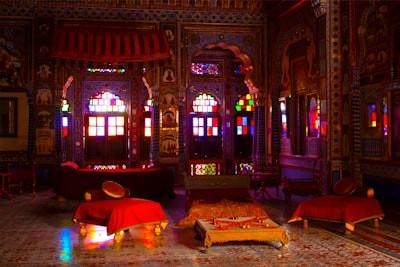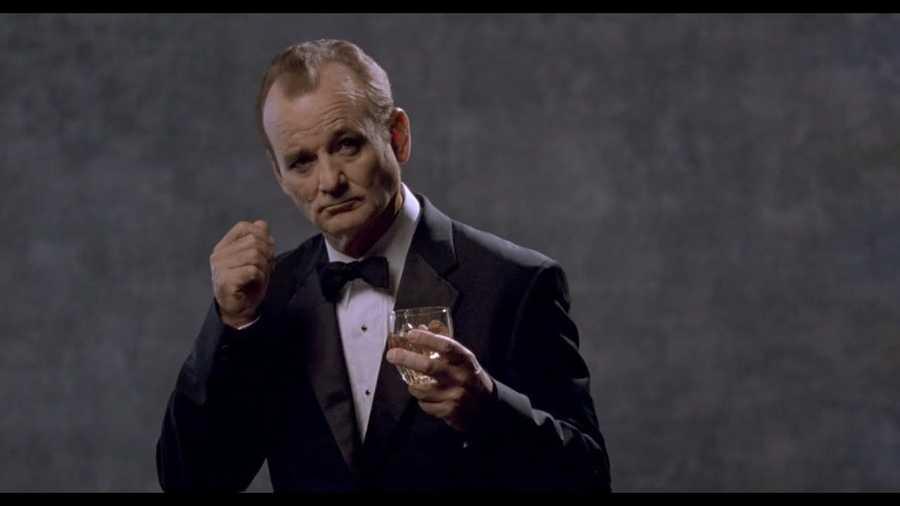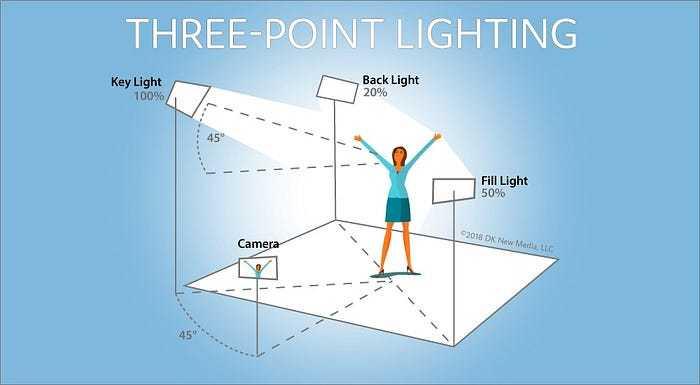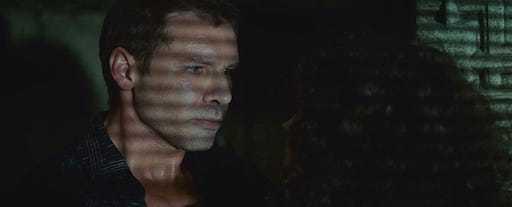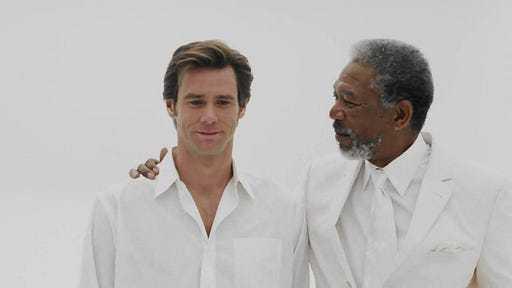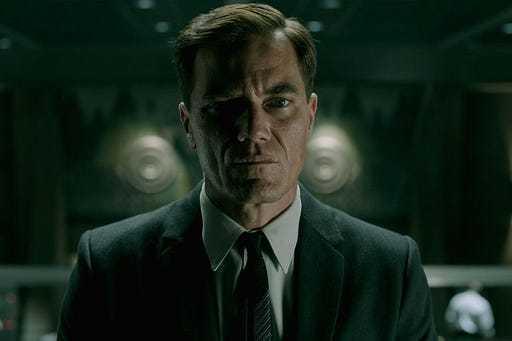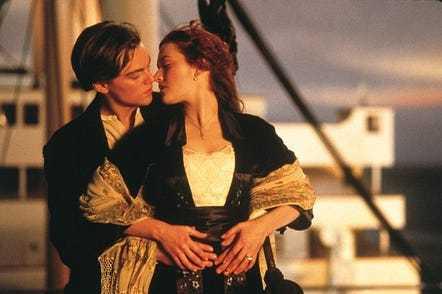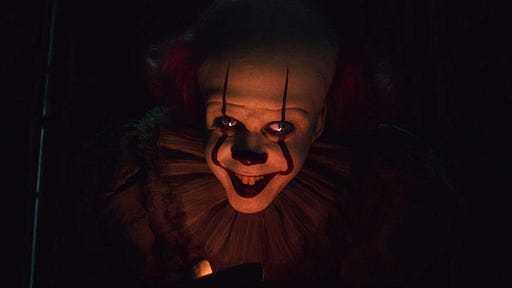Explore the World's Best Ideas
Join today and uncover 100+ curated journeys from 50+ topics. Unlock access to our mobile app with extensive features.
Lighting techniques essential in filmmaking
Lighting techniques set the scene of a film. Cinematic lighting creates depth, drama and atmosphere, direct the audience's eye to a specific element, such as an actor or prop, and even reflect the emotions and nature of a character.
Techniques in cinematic lighting include diffusing and bouncing light and adjusting colour temperatures to create a specific atmosphere that can enhance visual storytelling.
43
370 reads
Three-point lighting is most commonly used
- The key light is the strongest and brightest light source. Therefore, it makes the strongest shadows.
- Fill light _"fills in" the shadows cast by the key light and _softens the lighting on the subject and environment. It is placed near the camera and around 120° from the key light.
- Backlight is used to separate the subject from the background. It is placed behind the subject and around 120° from the fill light.
46
144 reads
Hard or harsh lighting
Hard or harsh lighting uses smaller light sources to cast large, crisp shadows on the subject while increasing the contrast. The effect is a dramatic, suspenseful atmosphere that evokes a sense of fear or wickedness.
Common sources of lightning:
- Low-key lighting comes from one source to create strong shadows and contrast.
- Kicker light with soft fill. A backlight shines on the side of the subject's face and creates a rim light effect. The soft fill light mildly illuminates the face.
41
105 reads
Soft or diffused lighting
Soft lighting is created by using larger light sources further from the subject and in a scene with many fill lights. The lights illuminate the whole frame instead of just a single subject. The effect is a dreamy, romantic or fantastical atmosphere that portrays hope and peace.
- High-key light. Fill light and backlighting brighten up the entire frame. It has a neutral effect. Extreme high-key lighting creates a peaceful atmosphere.
- Diffused overhead lighting is suitable for close-up shots.
40
81 reads
Other lighting techniques
- Side lighting. It illuminates the contours of the face and increases contrast for a dramatic effect.
- Bounce lighting. A reflector is used to bounce a strong light towards the subject. It spreads and softens the light.
- Motivated lighting. Studio lights, lanterns or other artificial lights resemble a natural light source, such as the sun.
- Practical set lighting. It uses existing light sources to light the scene, such as lamps or studio lights.
- Natural film lighting, also known as ambient lighting, uses the light already available.
42
88 reads
Colour
- Warm lighting creates red, yellow or orange tones. It evokes a sense of comfort, warmth, happiness and is often used in romance or teen dramas.
- Cool lighting creates blue, green or grey tones. It projects a feeling of loneliness or coldness.
- White lighting has no coloured tones. The effect is mainly neutral, but excessive use of white light can feel overwhelming.
- Coloured lighting is tinted with different colours and can be used to set different moods. For example, red reflects romance or danger.
41
106 reads
Lighting for characters
Lighting can help to reveal a personality or emotions.
- Under lighting. The light shines from under the character's face and creates a creepy effect.
- Backlighting. The light source is behind the subject and creates a halo effect around the subjects head, making them looking angelic.
- Kicker. Backlighting on the subject's temple highlights a chiselled cheekbone.
- Eye light. The light source is put on the camera and illuminates the front of the face. It creates an intriguing sparkle.
43
115 reads
IDEAS CURATED BY
Similar ideas
1 idea
Read & Learn
20x Faster
without
deepstash
with
deepstash
with
deepstash
Personalized microlearning
—
100+ Learning Journeys
—
Access to 200,000+ ideas
—
Access to the mobile app
—
Unlimited idea saving
—
—
Unlimited history
—
—
Unlimited listening to ideas
—
—
Downloading & offline access
—
—
Supercharge your mind with one idea per day
Enter your email and spend 1 minute every day to learn something new.
I agree to receive email updates
